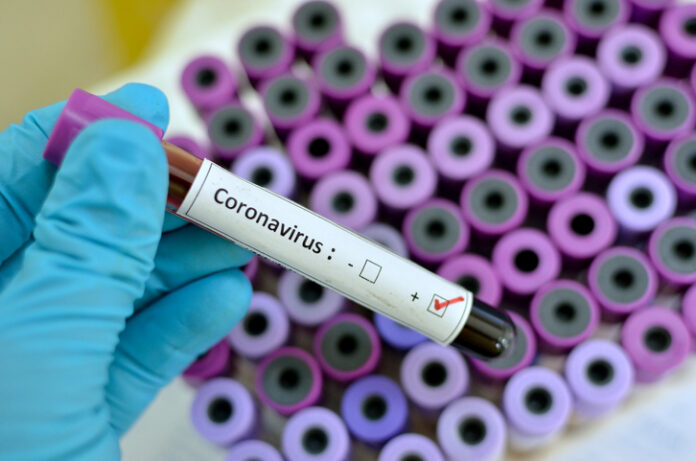
COVID-19: Why the WHO is sticking to 14 days quarantine
The World Health Organization has repeated its plea for countries not to shorten the quarantine period for people who have been exposed to coronavirus.
The global health body recommends anyone who has been in close contact with someone who has definitely got coronavirus or probably has, should stay at home or somewhere similar for two weeks.
The idea is simple - to monitor people in case they get ill and spot Covid-19 cases early on, preventing the virus from spreading further.
The Centrers for Disease Control and Prevention in the US, for example, says based on the best current studies, it is likely that the time from someone being exposed to getting symptoms is between two and 14 days.
It's evidence like this that is behind the WHO's advice.
And in the UK if you are told by the Test and Trace system that you have had close contact with someone who has coronavirus, you must isolate for 14 days.
But France is reportedly taking a different approach. It is slashing its isolation time from 14 fourteen days to seven. That's because health experts there say the majority of people find it too difficult to isolate for a whole two weeks. They also say this is when people are most likely to be infectious.
There are also some small studies that suggest people are most likely to pass on the virus in the first week they have symptoms. But the science is still emerging and scientists across the globe agree there are still many uncertainties.
That's why different countries have different approaches - each has to balance the evidence, the unknowns and the chance for citizens to get back to a more normal life.
